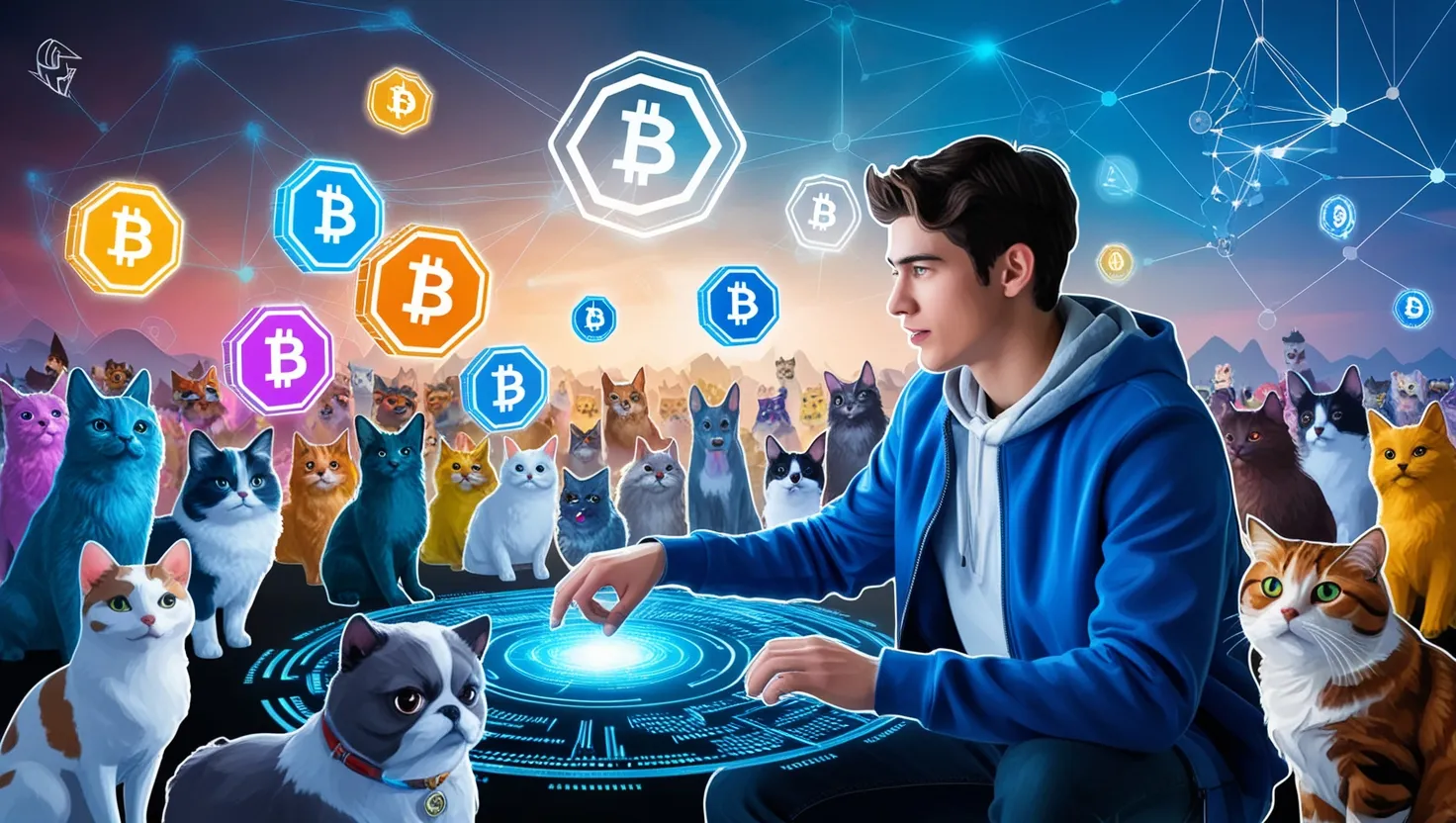As I sit here, pondering the innovative spirit of Alex, a high school student who dared to venture into the uncharted territory of virtual pet adoption, I am reminded of the words of Steve Jobs: “Innovation distinguishes between a leader and a follower.” Alex’s journey is a testament to this very principle.
Alex’s idea was simple yet revolutionary: create a virtual pet adoption app where users could adopt, care for, and even trade digital animals. But what started as a fun project soon evolved into a complex exploration of cryptocurrency, blockchain technology, and the intricacies of digital economies.
The first time Alex delved into the world of cryptocurrency, he was both fascinated and overwhelmed. He had to understand how digital currencies like Bitcoin and Ethereum worked, and how they could be integrated into his app. This was not just about coding; it was about grasping the fundamental principles of a new financial system.
As he delved deeper, Alex discovered the power of blockchain technology. This decentralized, transparent ledger system was not just a tool for securing transactions; it was a way to ensure the integrity and fairness of his virtual pet adoption process. Each digital pet could have its own unique digital identity, traceable and tamper-proof, thanks to blockchain.
But what really set Alex’s app apart was its integration with digital economies. Users could earn virtual currency by caring for their digital pets, completing tasks, and even participating in mini-games within the app. This currency could then be used to purchase virtual items, trade pets, or even donate to real-world animal shelters.
As the app gained popularity, Alex realized that he was not just creating a game; he was fostering a community. Users were forming bonds with their digital pets, learning about responsibility and compassion in a virtual environment. This raised an interesting question: Can caring for a digital pet prepare someone for the real thing?
The answer, surprisingly, is yes. Studies have shown that virtual pet care can indeed teach important life skills such as empathy, responsibility, and time management. Alex’s app was inadvertently promoting these values, making it a unique educational tool disguised as a game.
However, with great innovation comes great responsibility. Alex had to ensure that his app was not only fun but also ethical. He implemented features that encouraged users to learn about real-world pet care and the importance of adopting from shelters. The app included educational content on animal welfare, health, and behavior, making it a holistic platform that bridged the gap between the virtual and real worlds.
As the app grew, so did its impact. Users began to share their experiences and the lessons they learned from caring for their digital pets. The community became a support system, where users could ask for advice, share tips, and celebrate their virtual pets’ milestones.
This brings to mind the words of Mahatma Gandhi: “The greatness of a nation and its moral progress can be judged by the way its animals are treated.” Alex’s app, in its own small way, was contributing to this moral progress by instilling a sense of responsibility and compassion in its users.
But what about the future? As blockchain and cryptocurrency technologies continue to evolve, how will they shape the world of virtual pet adoption? Will we see more apps like Alex’s, or will this be just the beginning of a new trend in digital pet care?
One thing is certain: Alex’s journey has shown us that innovation can come from the most unexpected places. A high school student’s passion project can turn into a movement, teaching us valuable lessons about technology, responsibility, and the power of community.
So, the next time you hear about a new app or technology, remember Alex’s story. It’s a reminder that even the smallest ideas can have a significant impact when combined with determination and a willingness to learn. As the famous inventor Thomas Edison once said, “I have not failed. I’ve just found 10,000 ways that won’t work.” Alex’s success is a testament to the power of perseverance and innovation.






